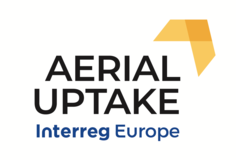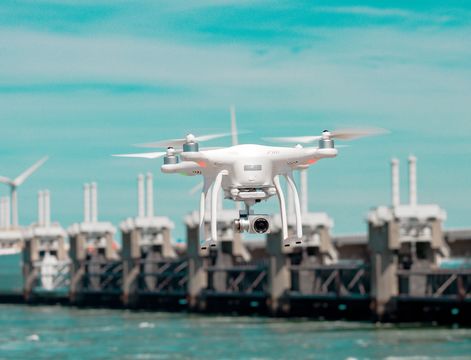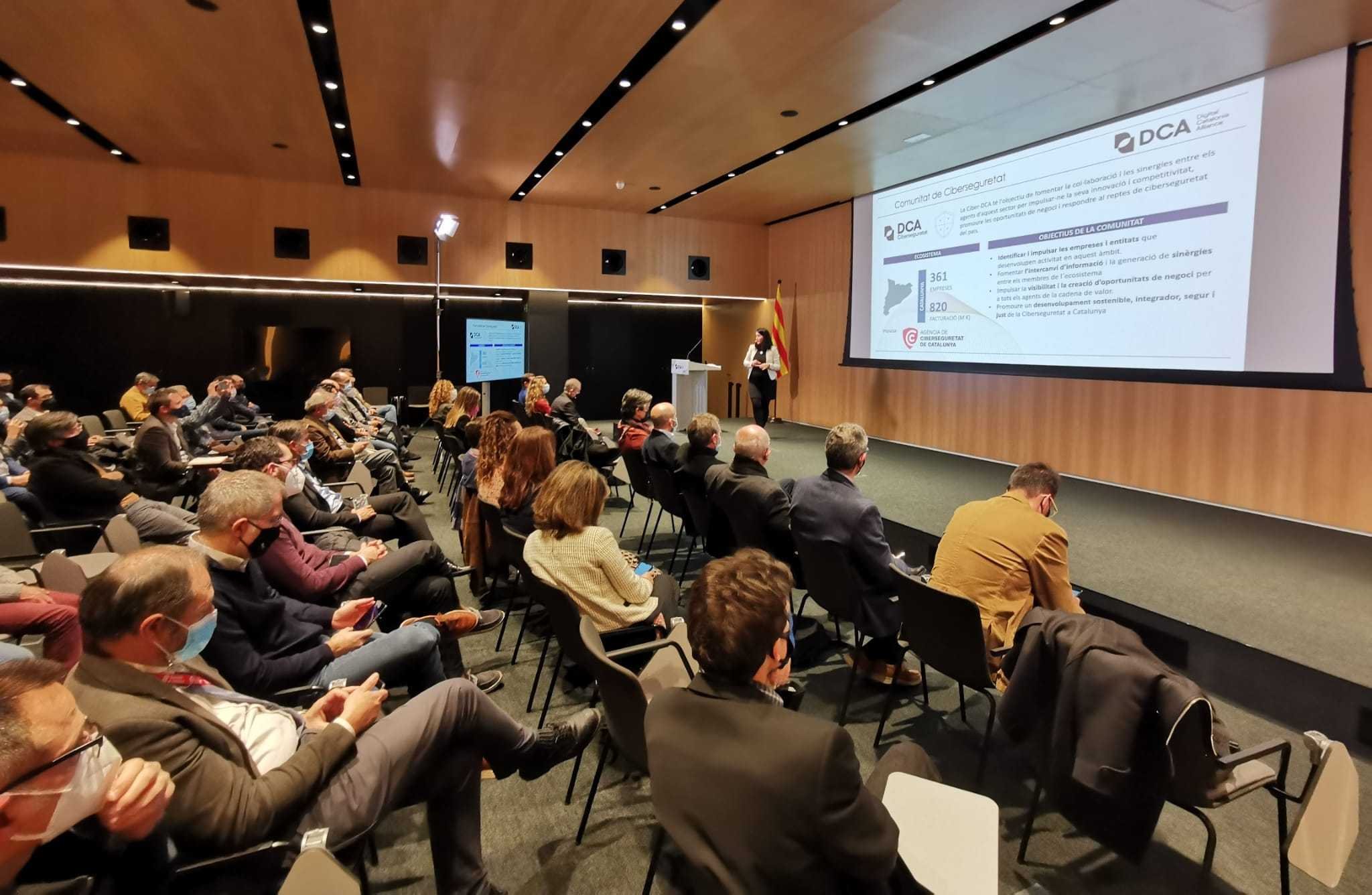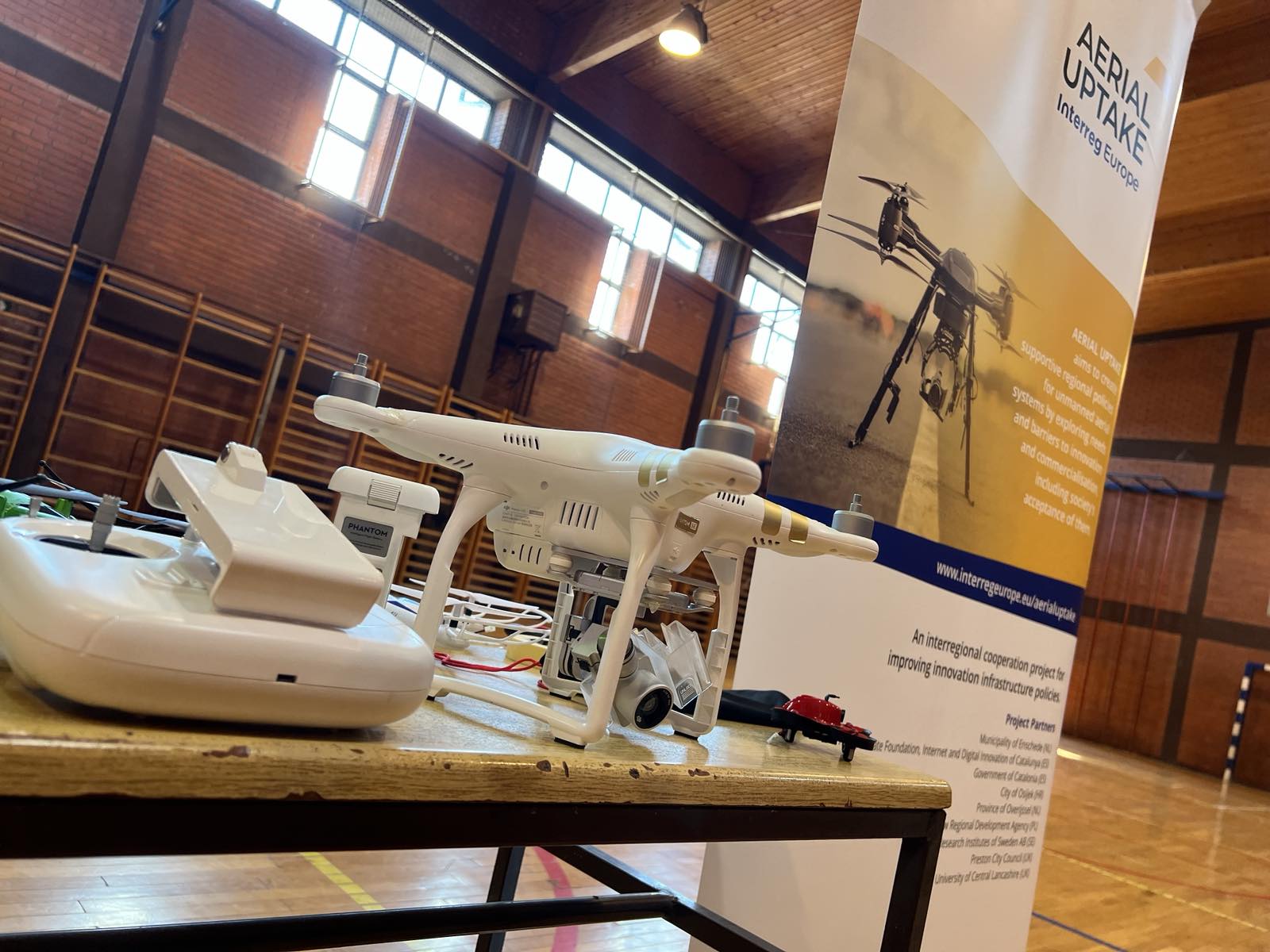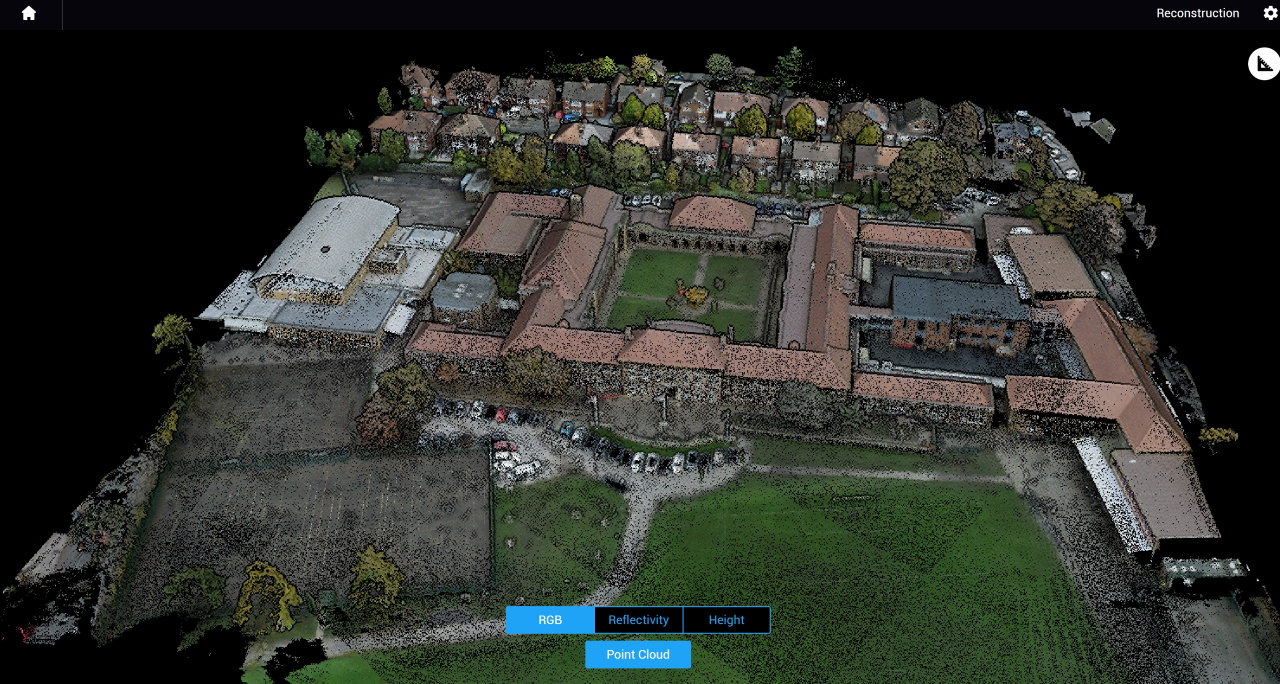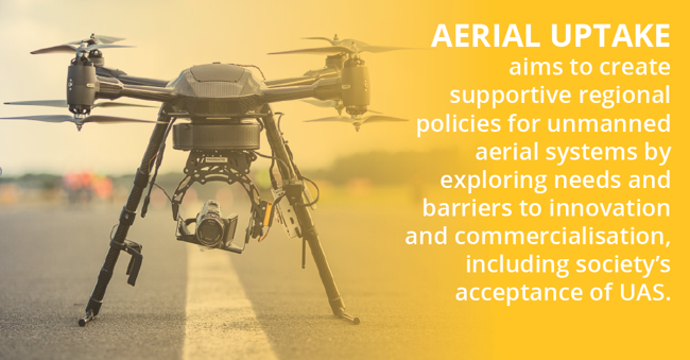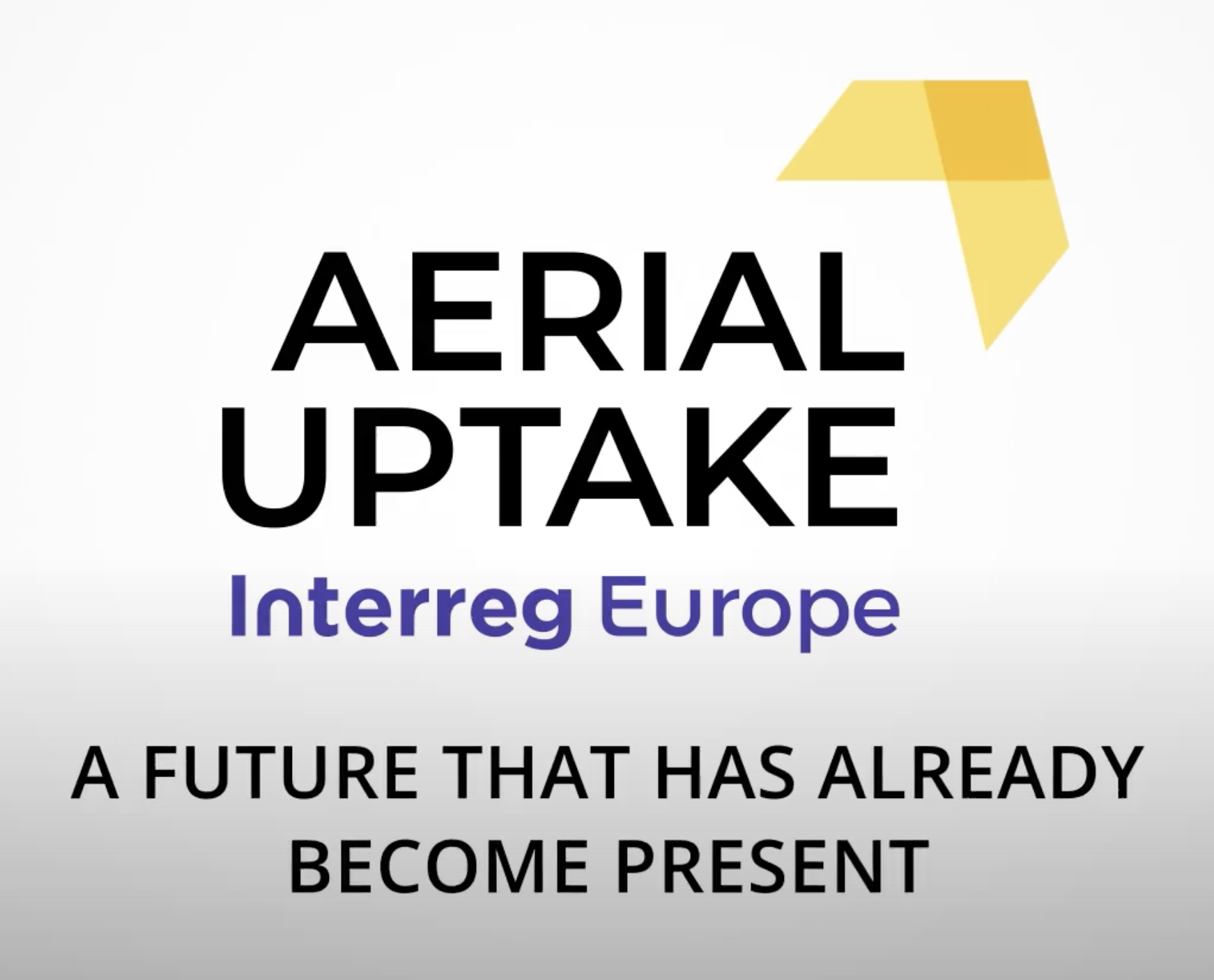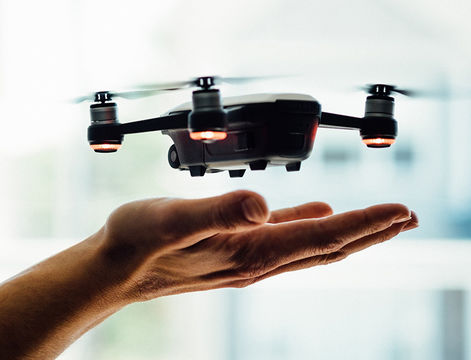Looking back on the 2nd interregional partner meeting
On 3 and 4 March, project partner RISE hosted the other partners and regional stakeholders at the campus of Linköping University. Among the stakeholders were drone companies from Spain (Aerofor, Educaires), the UK (Halo Aerial, Aspira) and Poland (Cervi Robotica), as well as a representative from Saxion University of Applied Sciences from the Netherlands.

During the meetings and workshops, the partners and stakeholders discussed amongst others the results of the first round of regional stakeholder group meetings and the preliminary results from the regional survey. A site visit to the Linköping based company Mainbase provided interesting insights into the possibilities of transporting medical goods with their APID helicopter-like drone.
Regional survey
To assess the specific needs for each region, Aerial Uptake developed a questionnaire for all the partners to distribute in their respective region. The questionnaire is currently being filled in by citizens, drone industry, academia and regional authorities. It focuses on societal acceptance of drones, regional drone governance, and opportunities and barriers for drone business and research. During the coming weeks, the results will be processed and used to start writing action plans for each region. Some first results from the citizens questionnaire indicates a generally positive attitude toward drones, which declines when confronted with a drone without knowing what the drone is currently doing. The final results are expected to be published in May.
Good practice collection
During the meeting in Linköping, the partners presented the first good practices that have been collected in their respective regions. Aerial Uptake aims to collect and disseminate a total of 18 good practices. These are successful projects, techniques or processes that could inspire other parties or regions in Europe to take innovative action. An example is the “readiness scan”, developed by University of Twente and Saxion University of Applied Sciences in Enschede, which can be used to measure not only technological readiness of a drone, but also its business, societal, ethical and legal readiness. This could potentially help not only businesses developing drones, but also policymakers on what are the acceptable rules for drone use. Currently, all partners continue to collect good practices from their regions.

Next steps
Because of the COVID-19 situation, the 3 rd interregional partner meeting in Osijek, Croatia has been delayed. The Idea Generation Workshop that was scheduled for this meeting is not suitable to take place online, just like the Policy Briefing Seminar. Therefore, Aerial Uptake’s progress is likely to be affected by the pandemic. Fortunately, the analysis of the regional survey results and good practice collection can continue as the project partners and regional stakeholder groups can come together through online platforms.
For more information or collaboration on Aerial Uptake project follow us on:
Web: www.interregeurope.eu/aerialuptake/
FB: https://www.facebook.com/aerialuptakeIEU/
Twiter: https://twitter.com/AerialUptake
Linkedin: https://www.linkedin.com/in/aerial-uptake
Newsletter: AerialUptake
